
When West Virginia became part of the Union in 1863, only white men were allowed to vote.
While some states and territories began allowing women to vote in local elections in the late 1800s, West Virginia lagged behind, forcing women voters to wait until after the ratification of the 19th Amendment in 1920 for the right to cast a ballot.
West Virginia women have been fighting for the right to vote since at least 1895, when the West Virginia Equal Suffrage Association was active. By 1915, West Virginia lawmakers were prepared to hold a referendum on the issue. But in 1916, an all-male electorate refused to grant women the right to vote.
By 1920, West Virginia was ready to play a key role in the women’s suffrage movement. In March of 1920, the state became the 34th of the 36 states needed to ratify the 19th amendment.
As the United States marks the 100th anniversary of the ratification of the 19th Amendment, the USA TODAY Network is commemorating the occasion by recognizing 10 women from each of the 50 states, plus the District of Columbia, who have a track record of outstanding achievement in areas including arts and literature, civil rights, politics, law, science, medicine and sports.
Mary Lou Retton
Olympic gold medalist
(1968- )
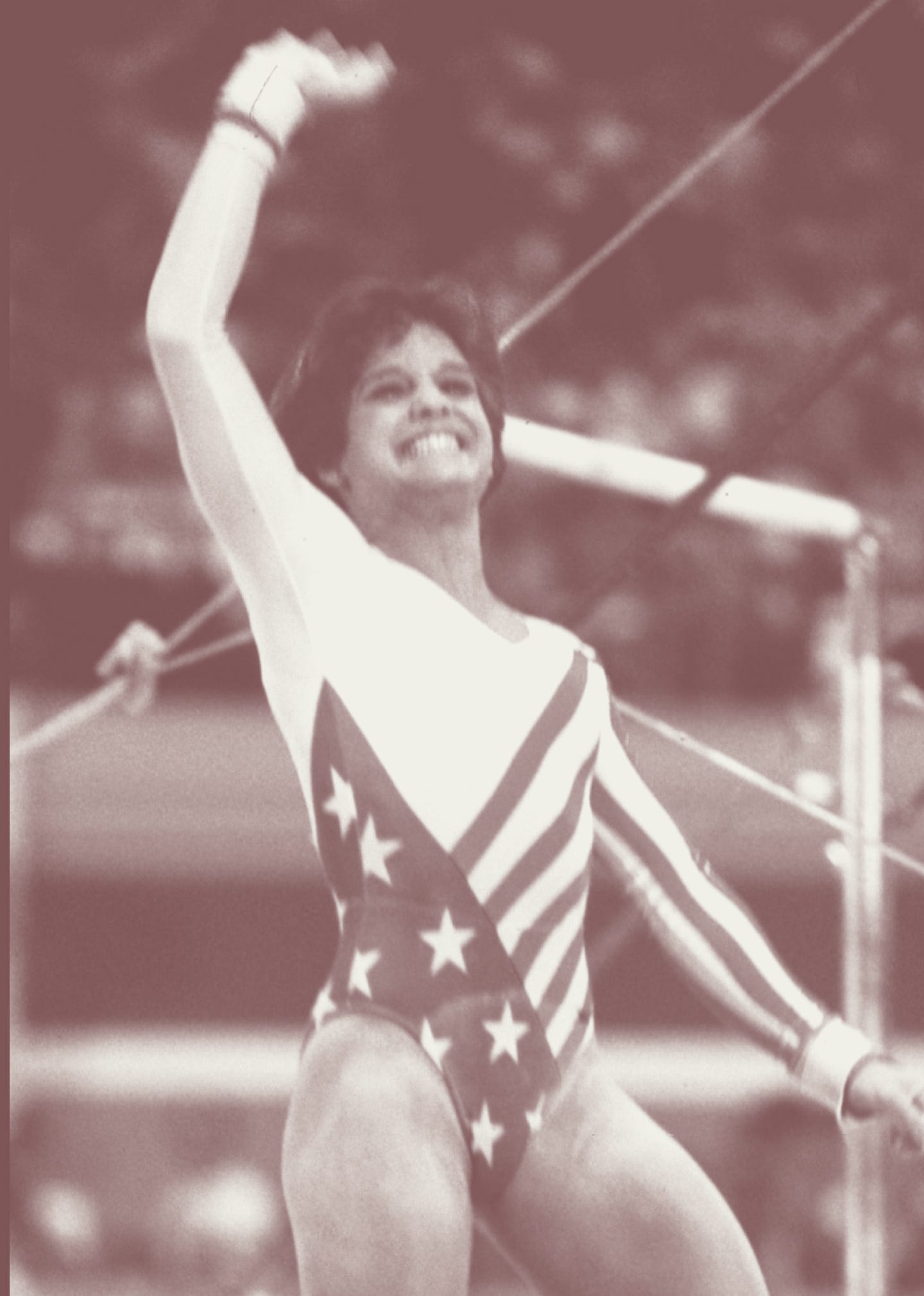
Mary Lou Retton is the first American woman to win an all-around gold medal in gymnasticcs at the Summer Olympics.
Born in Fairmont, West Virginia, Retton is well known by the nickname “America's Sweetheart.” She was a sophomore in high school when she took home the gold in the individual all-around competition at the 1984 Olympics in Los Angeles, an event that was boycotted by 14 Eastern bloc countries.
Retton was the first non-Eastern European woman to win the event. She won a total of five medals at the 1984 Olympic games, including two silver and two bronze medals, more than any other athlete that year.
Retton retired from gymnastics in 1985 and later dabbled in acting with cameos in "Scrooged" and "Naked Gun 33⅓: The Final Insult."
She and her four daughters now live in Texas. There’s a road and a park named after Retton in her West Virginia hometown.
Pearl S. Buck
Nobel and Pulitzer Prize-winning author
(1892-1973)
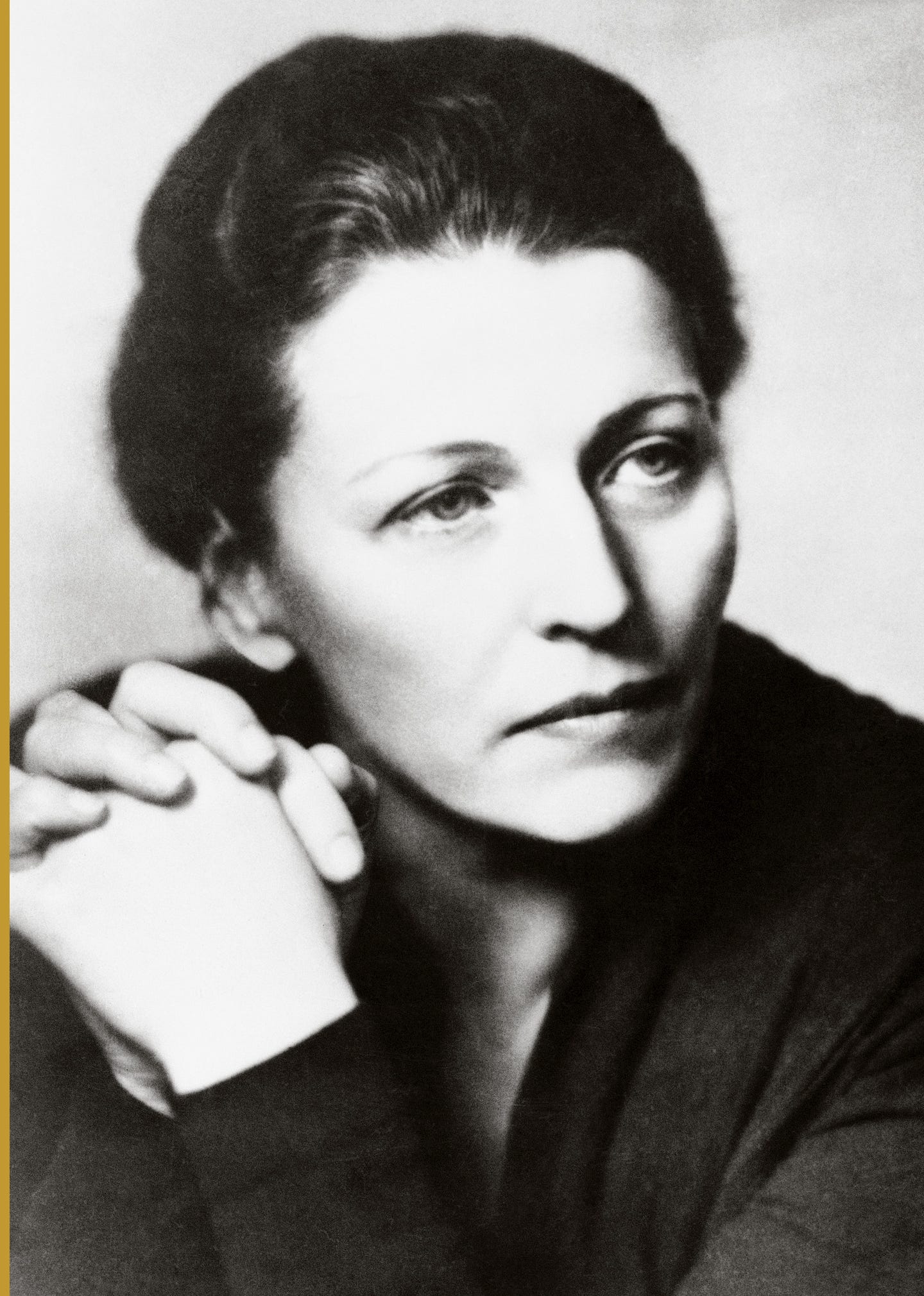
Pearl Sydenstricker Buck is a Nobel and Pulitzer Prize-winning author who hails from Hillsboro. Her book "The Good Earth" was America’s bestselling fiction title in 1931 and 1932 and won the 1932 Pulitzer Prize.
The daughter of missionaries, Buck was raised in Zhenjiang, China, from the age of 5 months. She lived in China for decades, breaking to earn an undergraduate degree in Virginia and returning to the U.S. long-term in 1935.
Buck’s rich descriptions of peasant life in China earned her a Nobel Prize in Literature in 1938, the first-ever awarded to an American woman.
During the Chinese Cultural Revolution, Buck was labeled a cultural imperialist for her writing on Chinese village life. Her repeated attempts to return to China were denied.
She wrote the novel "Satan Never Sleeps" to describe Communist tyranny in China in 1962. Stateside, Buck became a vocal advocate for the rights of women and minority groups and wrote extensively about Chinese and Asian cultures.
Irene Drukker Broh
Suffragist
(1880-1978)
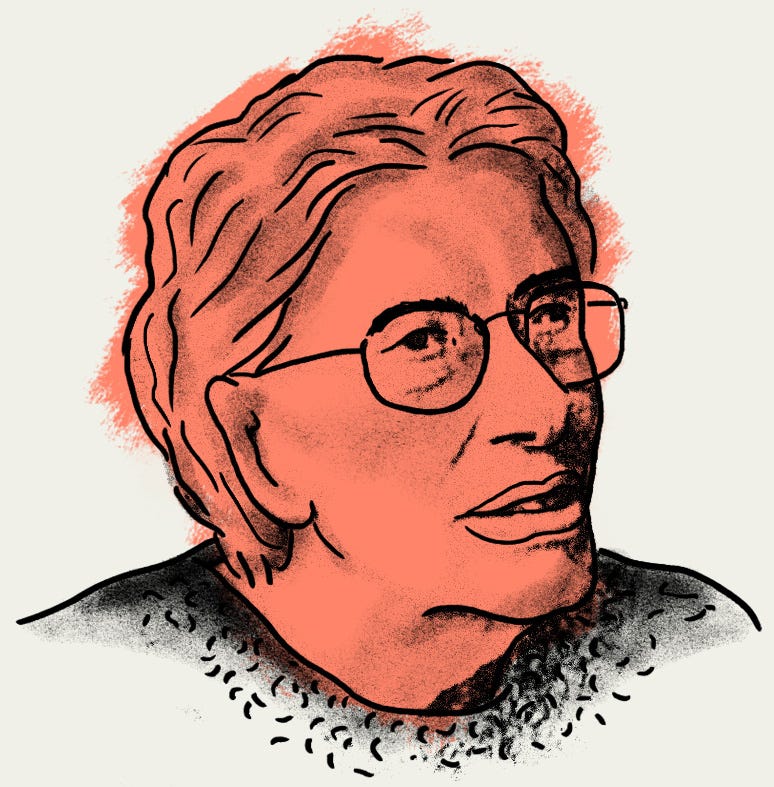
Irene Drukker Broh may not have been born in West Virginia, but she quickly made her to the state by marriage after growing up in Cincinnati.
Broh and her husband moved to Huntington, West Virginia, in 1909. Broh began working with the Huntington Equal Suffrage Association, where she eventually served as president.
Broh is believed to have been the first West Virginia woman to cast a vote in a U.S. presidential election in Cabell County after the passage of the 19th Amendment.
Broh remained active in civic life and pushed Huntington to adopt better flood protection measures and for better inspections of meat and poultry plants. Her work is credited with helping pass the 1966 laws for poultry and meat plant inspections.
Mildred Mitchell-Bateman
First Black woman to hold a high-level state administrative position
(1922-2012)
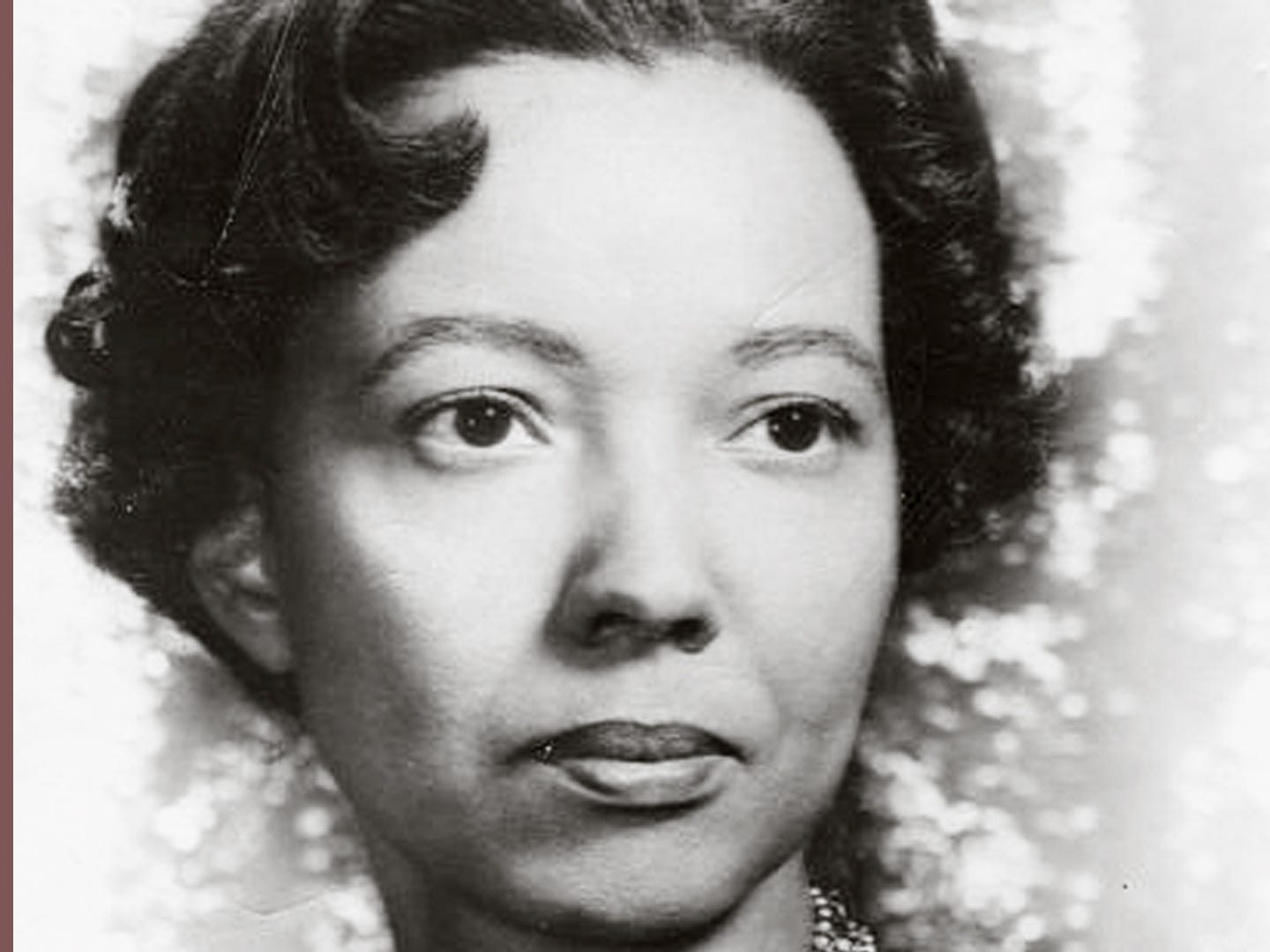
The first Black woman to hold high-ranking office in West Virginia, Mildred Mitchell-Bateman was a longtime mental health advocate. Born in Illinois, Mitchell-Bateman was hired as a staff physician in 1946 at Lakin State Hospital, West Virginia’s Black hospital for the mentally ill. In 1962, she was named the states’ mental health commissioner.
She spent her career advocating for the mentally ill, arguing that patients should be placed at facilities close to their families and that communities needed more mental health resources. Her most famous program was likely “Breaking the Disability Cycle,” which assured patients previously declared “untreatable” that there was hope, and they should not be abandoned. “No one has a right to decide that patients aren’t going to get any better,” she once said.
In 1973, she became the first Black woman Vice President of the American Psychiatric Association. In 1980, as one of four psychiatrists on President Jimmy Carter’s Commission on Mental Health, she was crucial to passing the Mental Health Systems Act, landmark federal legislation that poured money into local mental health agencies. (In 1981, President Ronald Reagan repealed the act.) Mildred Mitchell-Bateman Hospital in Huntington, West Virginia is named in her honor.
Lenna Lowe Yost
Suffragist
(1878-1972)
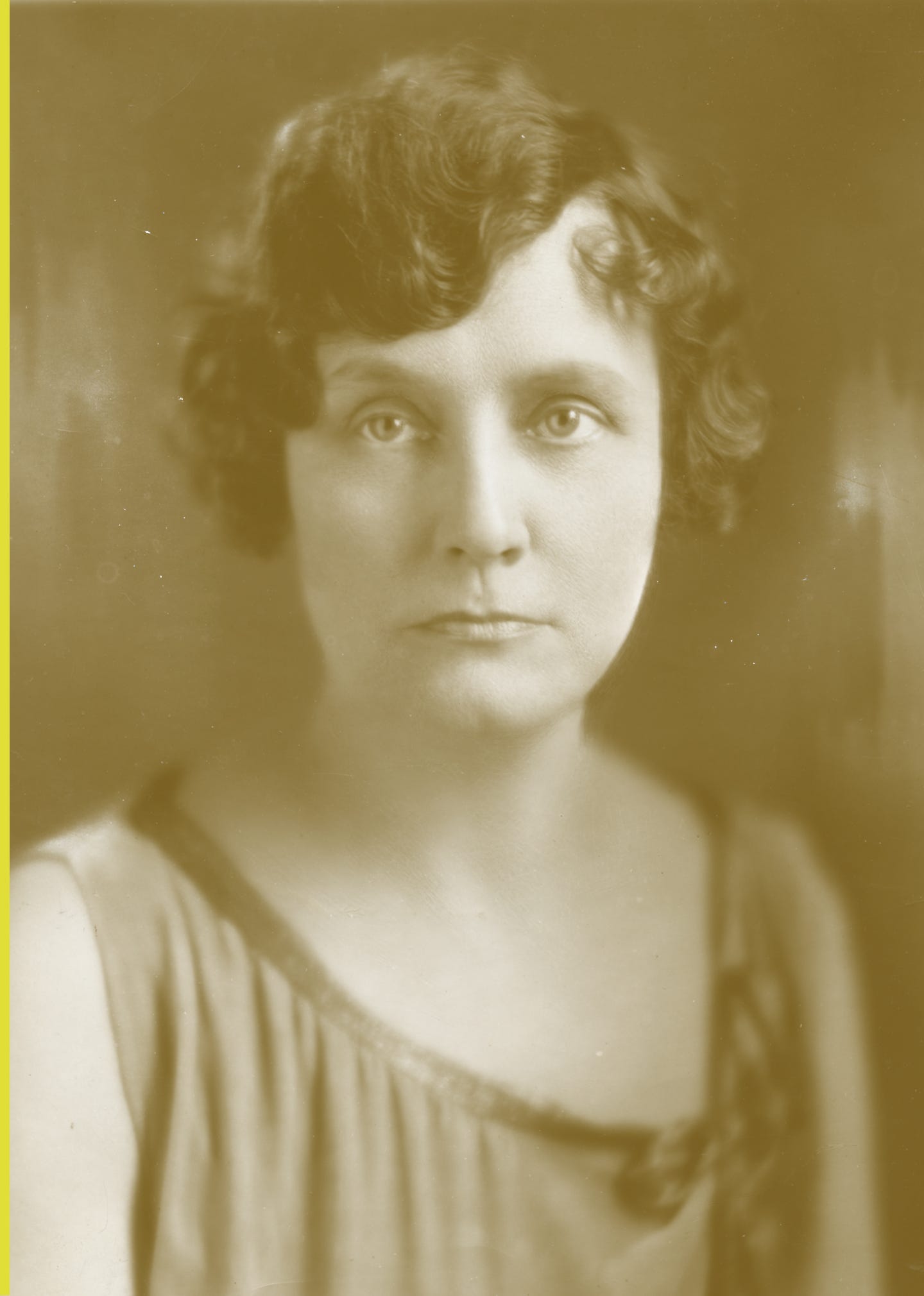
Lenna Lowe Yost was a leader of the West Virginia suffrage movement. Born in Marion County, Yost aggressively lobbied Congress to adopt the 19th Amendment and give women the right to vote.
She was president of the West Virginia Equal Suffrage Association, and, in 1920, she chaired the West Virginia Equal Suffrage Association Ratification Committee.
Yost also was an involved member of the Woman's Christian Temperance Union, which opposed alcohol consumption. Yost spoke internationally against alcoholism but is best known for her work to improve the lives of women and children.
Helen Holt
First woman to hold statewide office in West Virginia
(1913-2015)
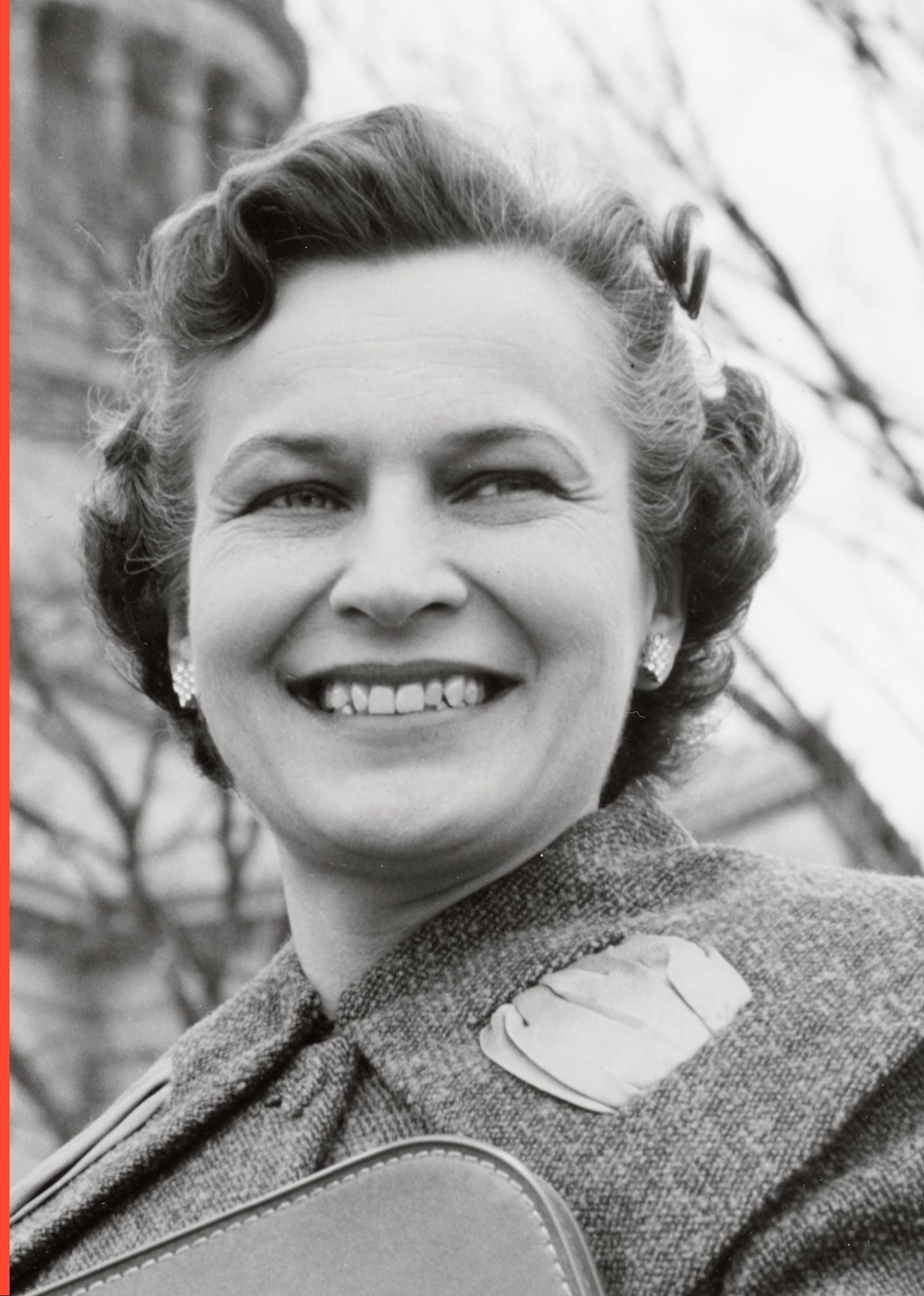
Helen Holt, West Virginia's secretary of state from 1957 to 1959, was a native of Illinois. She was valedictorian of her high school and the only woman from her class to go on to college. Holt earned bachelor’s and master’s degrees in zoology from Northwestern University in Chicago, joining the ranks of the approximately 4% of American women who had completed college at the time.
She married U.S. Sen. Rush Holt Sr in 1941 and remained together until his death in 1955. After her husband died, Holt was appointed to finish his term in the West Virginia House of Delegates, which launched her political career.
After serving as a West Virginia delegate and West Virginia’s secretary of state, Holt worked for the Federal Housing Administration and the Department of Housing and Urban Development.
Maude Elizabeth Kee
First West Virginia woman elected to Congress
(1895-1975)
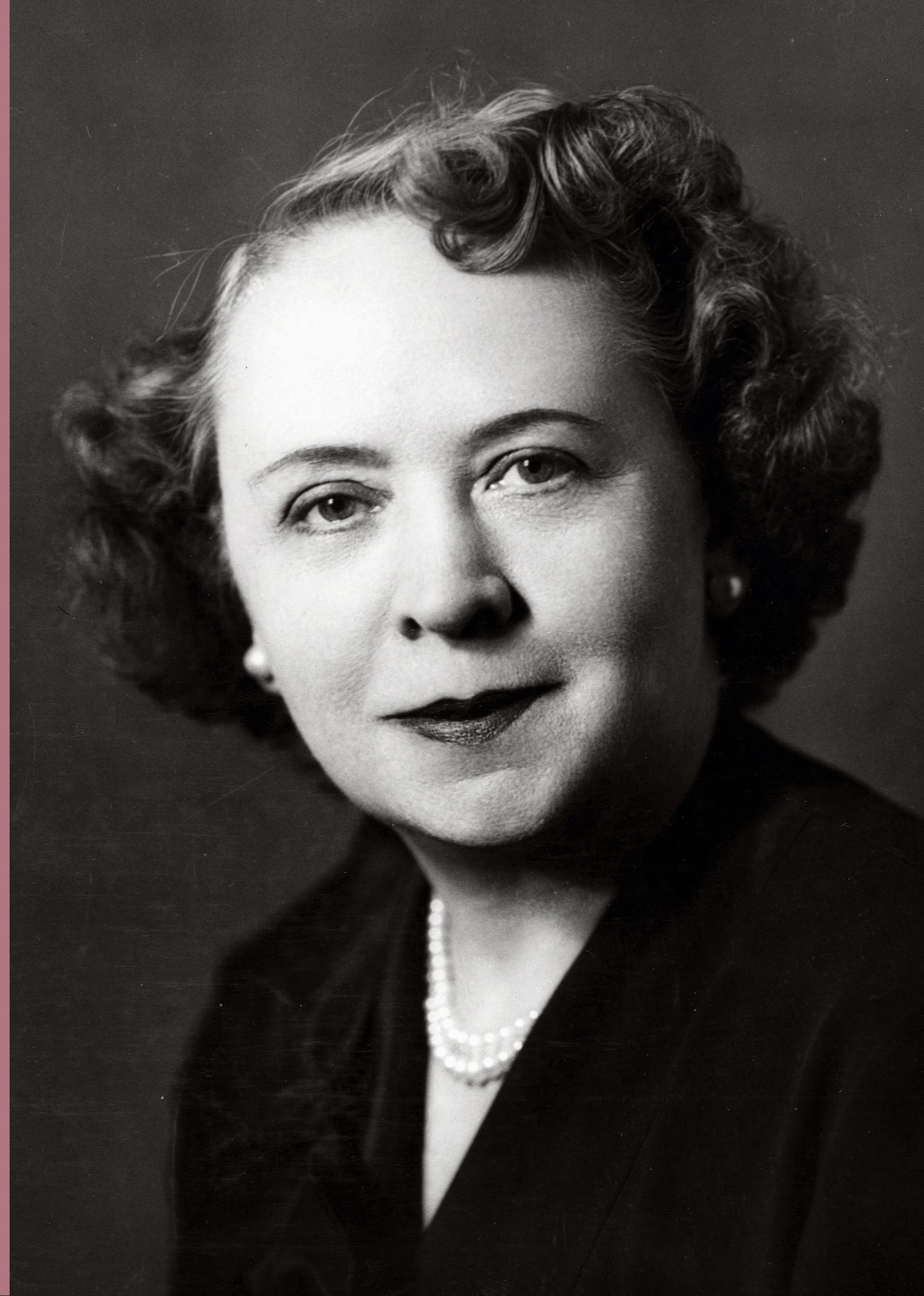
Virginia native Elizabeth Kee got her start in politics when her husband, John Kee, died. She was elected to succeed her husband in the U.S. House of Representatives and served six additional terms from 1951 to 1965, eventually handing the position over to their son, James Kee. The family is one of the few father-mother-son combinations Congress has seen.
While in office, Kee voted in favor of the Civil Rights Act of 1957 and 1960 but only voted present for the Civil Rights Act of 1964. She chaired the Veterans Affairs Subcommittee on Veterans Hospitals and became an advocate for the coal mining industry.
Ruby Bradley
Decorated U.S. Army veteran
(1907-2002)
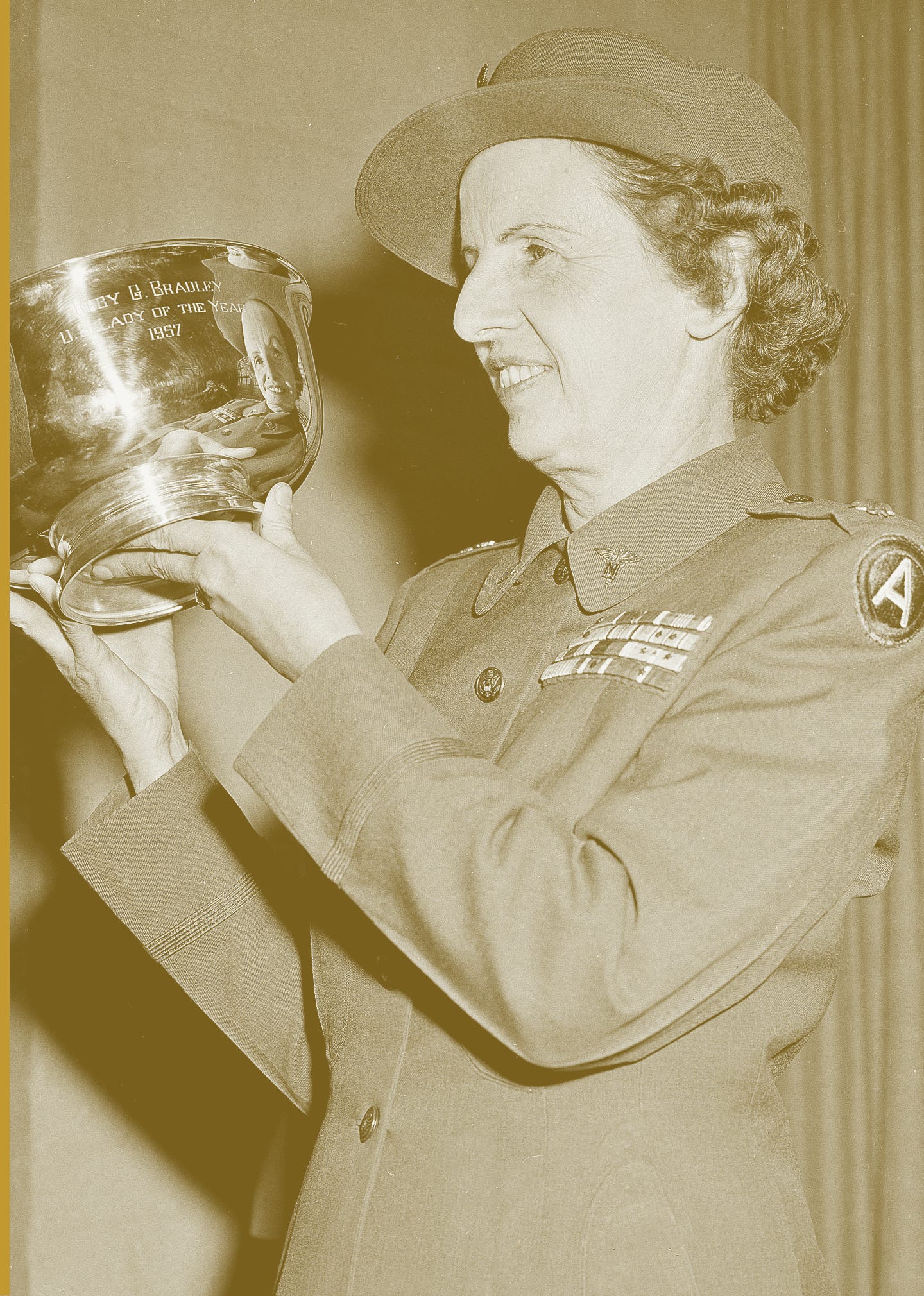
Ruby Bradley, who was born in Spencer and raised on a family farm, grew up to become one of the most decorated female veterans in U.S. history.
A surgical nurse, Bradley was deployed to the Philippines, where just weeks after the attack on Pearl Harbor she was captured and held as a prisoner of war. She spent 37 months in captivity, during which time she helped to smuggle in key supplies and assisted in 230 operations and the delivery of 13 babies.
In her prison camp, Bradley came to be known as an Angel in Fatigues for finding ways to conduct procedures and deliver babies without proper supplies.
Bradley also served in the Korean War and retired as a colonel in 1963. By then she had earned 34 medals – including the prestigious International Red Cross Florence Nightingale Medal and two Bronze Stars – for her military service.
Sarah “Mother” Blizzard
Labor activist
(1865-1955)
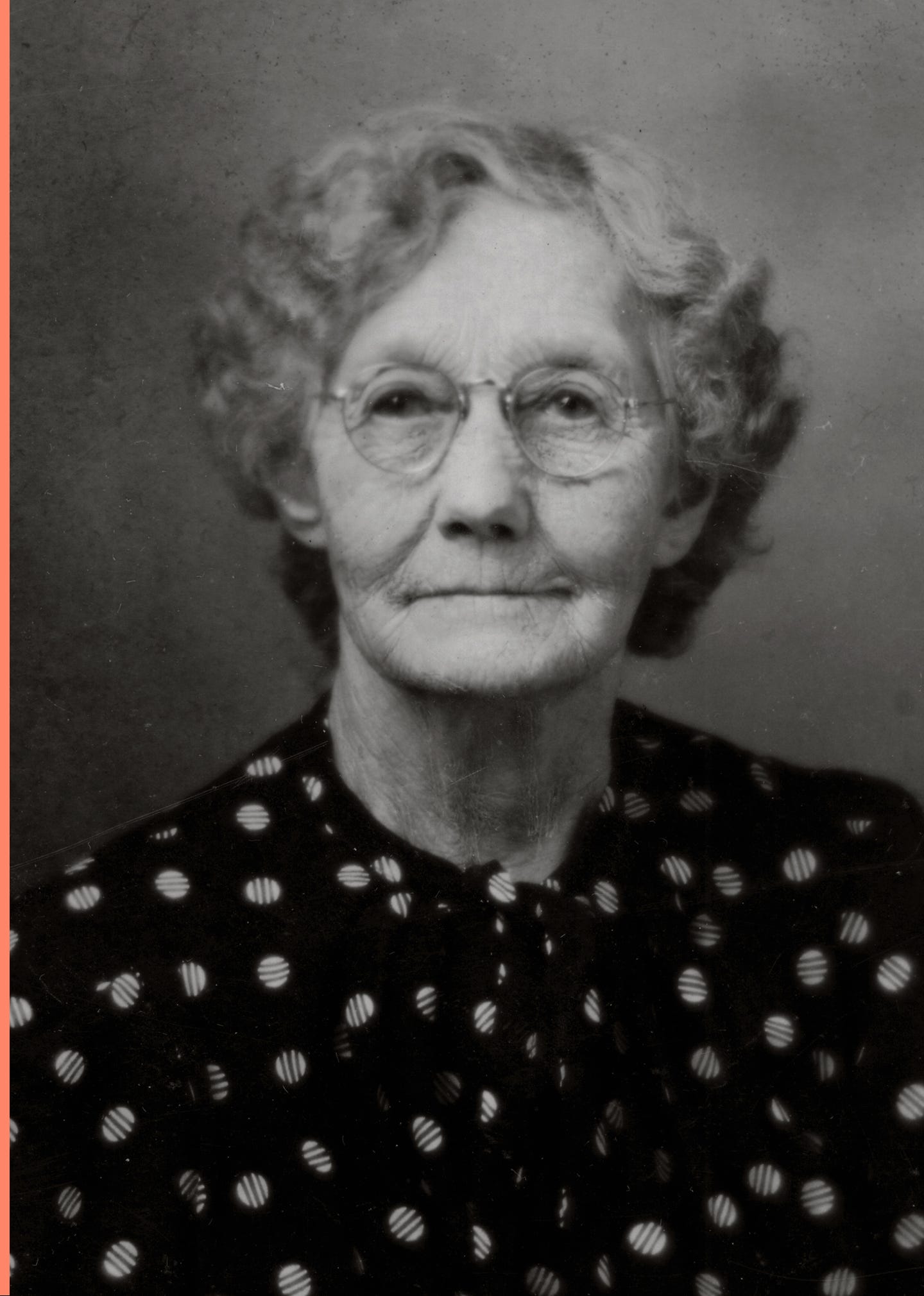
Sarah "Mother" Blizzard was born in Fayette County. She spent much of her early life on a family farm and watched as coal mining transformed the area's economy.
Blizzard became deeply involved with the United Mine Workers of America, fighting for better pay and working conditions and fewer financial restrictions for mine workers.
Blizzard once got her family evicted from their home because of their support of a 1902 coal strike. Later, she allowed striking miners to camp on her land during violent strikes and marched for workers’ rights with Mother Jones.
Blizzard was married to a coal miner. Their son, Bill Blizzard, grew up to become a union organizer.
Harriet Jones
West Virginia’s first female physician
(1856-1943)
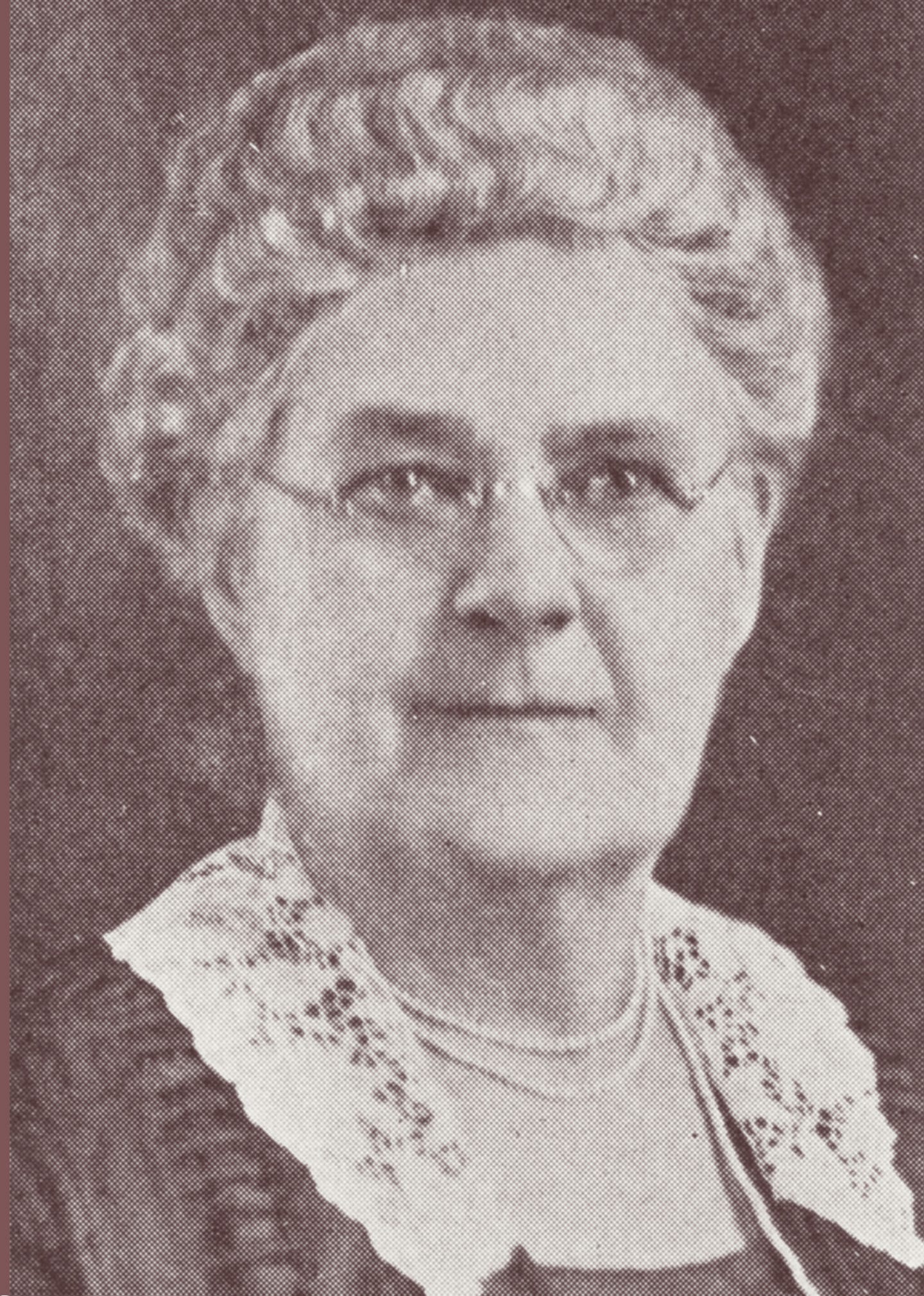
Born in Pennsylvania but raised in Terra Alta, Harriet Jones was the first female licensed physician in West Virginia and one of the first women to serve in the state Legislature. After graduating from Women’s Medical College of Baltimore, she completed additional studies in New York, Philadelphia and Chicago. She specialized in gynecology and abdominal surgery and opened a private medical practice in Wheeling in 1886.
A staunch women’s rights activist, Jones passionately advocated for women to be allowed to attend West Virginia University (they were not admitted until 1889). She founded numerous hospitals and welfare institutions in West Virginia and was known as a pioneer in the fight against tuberculosis. After the 19th Amendment granted women the right to vote in 1920, Jones was elected to the House of Delegates in 1924, representing Marshall County for two terms.
Contributing: USA TODAY national correspondent Lindsay Schnell
Sources used in the Women of the Century list project include newspaper articles, state archives, historical websites, encyclopedias and other resources.